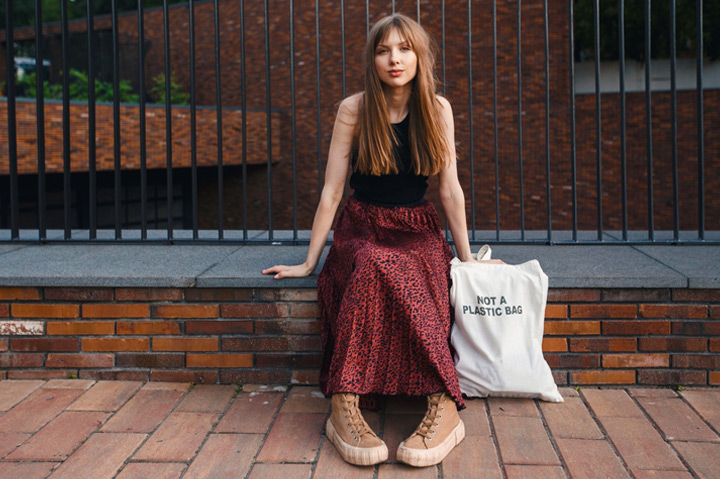April 01, 2022
Philly Plastic Bag Ban Takes Full Effect
The prohibitions on single-use plastic bags and some paper bags can create opportunity for distributors to sell more branded reusable totes in America’s sixth largest city.
Single-use plastic bags are officially banned in the sixth largest city by population in the United States, creating potential sales opportunities for promotional products distributors.
Philadelphia’s ban on most plastic bags took effect on Friday, April 1. City Council had passed a law prohibiting the disposables in 2019 and rollout began in 2021, but the rules are now fully in place and being enforced with $150 fines.

A ban on plastic bags creates opportunity to sell reusable totes.
Under the law, all thin and most thick plastic bags are outlawed. Plastic bags thicker than 2.25 mil. are still allowed. Notably, the regulations also ban paper bags made out of old-growth fiber and/or paper bags that are made with less than 40% post-consumer recycled content.
The purpose of the ban is to combat what proponents describe as pervasive litter caused by plastic bags. Philadelphians use nearly a billion plastic bags every year, according to the city.
The prohibitions on plastic and certain paper bags apply to retailers of all sizes, from grocery stores and farmers markets to department stores, apparel shops, restaurants and more.
The widely applied nature of the ban is a potential source of sales opportunity for promo distributors. Retailers of all sizes could be open to selling and/or providing customers with reusable bags like totes. Branding those bags with a store’s name makes good business sense, given how much locals will be carrying around the reusables.
More than just affected retailers are prospects. Businesses that range from salons and gyms to yoga studios, aware of the ban and educated by a distributor on the marketing potential of reusable bags, could sell and/or give away bags to customers, knowing that the locals will no longer be able to rely on plastic disposables.
Companies based in and around Philadelphia in various industries, particularly those that want to align their brand with a sustainability ethos, could be keener to invest in branded reusable bags in light of the prohibitions, as well.
Authorities note that bags made of out nylon, polyester, cloth, cotton and other materials designed for reuse are permitted in Philly, a city of more than 1.6 million people. Some critics note the bans cut into store budgets, which can potentially negatively affect marketing spend.
As the Philadelphia ban goes into action, similar prohibitions loom just across the Delaware River in New Jersey – the nation’s most densely populated state.
On May 4, New Jersey will begin enforcing a law that prohibits the provision or sale of single-use plastic carryout bags and polystyrene foam food-service products in all stores and food-service businesses statewide. The law also prohibits the provision or sale of single-use paper carryout bags by grocery stores that occupy 2,500 square feet or more. The Garden State prohibitions present sales potential for promo, too.
Plastic bag bans have been spreading to more towns, cities and states in recent years. The impetus behind them is largely environmental. Ban proponents say the bags become sources of litter and pollution, spoiling natural habitats and posing a danger to wildlife, which can choke on or become caught in the disposables.
Critics, including the plastic industry and certain legislators, have argued that the bans can hurt small businesses economically. They also point to studies that purport that reusable bags must be used for a long time to have less environmental impact than single-use plastic bags.
